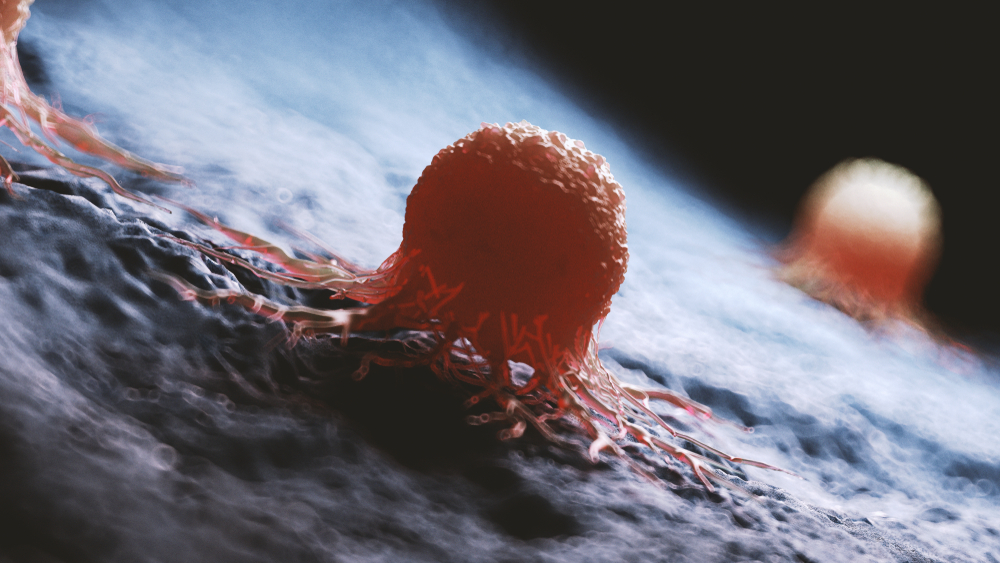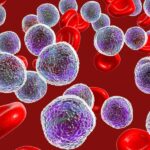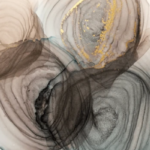Chemotherapy, surgery, and radiotherapy have been largely successful against cancer. However, they occasionally become therapy-resistant and often return.
Immunotherapies have shown promise in breaking some barriers but thus far, especially with respect to solid tumors, their beneficial effect has been limited to a small number of cancer patients.
A UC Davis Center research team has identified a critical epitope. Their study may open the door to improved cancer treatments. Jogender Tushir-Singh M.D., one of the study’s senior authors, said that the team has discovered a critical epitope relating to cytotoxic Fas signaling. Previous attempts to target the receptor have failed but now they have a therapeutic path towards targeting Fas in tumors. The doctor and the other researchers will now be able to create antibodies that will bind to and selectively activate Fas with the intent to destroy tumor cells.
Editor’s Note: Get Involved
Cancer doesn’t discriminate. Patient Worthy and its partners are interested in amplifying the voices of those from all identities and backgrounds. If you have a cancer journey to share, reach out here to learn more about how your voice can help spread awareness and inspire individuals from all walks of life.
About CD95
An epitope is a section of a protein that activates the larger CD95 receptor, also known as Fas, causing cells to self-destruct. The study was published in October 2023 in the journal Cell Death & Differentiation. New drugs that increase the activity of death receptors are needed to fight tumors. Drug companies have been somewhat successful in targeting Death receptor-5 but thus far have not made the same progress with Fas agonists.
CD95 receptors are called death receptors. When CD95 receptors are activated they send a signal, and the cells will self-destruct. The researchers suggest that by modulating Fas the CAR T-cell therapy benefits might also impact solid tumors. In CAR T-cell therapies a patient’s own T cells are grafted with a tumor-targeting antibody. The patient’s T cells are engineered to destroy tumors then they are reinfused back into the patient’s body and continue to multiply.
Currently, CAR T-cell therapies have been effective in treating leukemia and various blood cancers. However, they have not had equal success in destroying solid tumors. It seems that that the microenvironments have been successful in defending against immune cells. Dr. Tushir-Singh noted that the solid tumors cannot penetrate the microenvironments despite being well engineered. The doctor said that their challenge is to develop spaces for the T cells to infiltrate. He further stated that the study lays the groundwork for developing antibodies to activate Fas, kill the tumor cells selectively, and improve CAR T-cell therapy that attacks solid tumors.
cancer cancer research cancer treatment oncology research
Last modified: March 12, 2024















